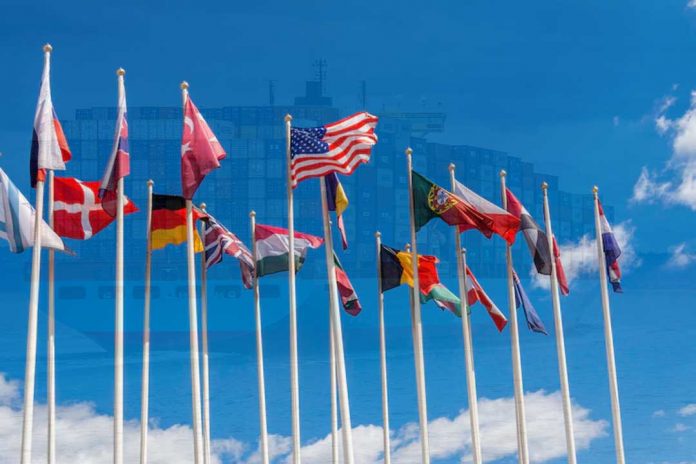Much has been deliberated and debated about the merits of Free Trade Agreements (FTAs) and their role in driving the global economy. The definition of FTA may be quite simple; yet the intricate nuances involved in executing the same can be both challenging and beneficial. Of course, it’s an undisputed fact that FTA is a tool that can be leveraged to further global collaborations. It’s all the more helpful for smaller nations with low GDPs and struggling economies. FTA can be a game changing growth agent in many scenarios.
So, what’s FTA?
A Free trade Agreement (FTA) is a documented understanding between two or more nations where they agree on specific mutual obligations. It spans influencing trade in goods and services, security for investors and intellectual property rights etc. For any nation, the central objective of trade agreements is to diminish barriers to exports, protect nation’s economic interests while competing globally and augment the rule of law in the FTA partners group considering all round interests. FTAs enable enterprises to compete and thrive in the global marketplace through highly subsidized tariffs and other sops. While every FTA is different from the other, content wise, at a broader level they facilitate reduction of trade barriers. FTAs are crucial in deploying a more predictable, accountable and translucent investment framework. This empowers companies of all scales to export their products and services to partner markets.
Benefits afforded by FTAs
FTAs come across as major leverage points for companies looking to export products/services. Countries at an international level generally negotiate and achieve favorable agreements for their firms via FTAs to make trading easier and cheaper. Companies taking the FTA route to trade their products/services usually end up having a competitive edge in the market. FTAs add traction to businesses with global relevance.
Highly subsidized or zero tariffs on specific goods/services: As per this clause, a country which otherwise charges X% tariff on incoming goods may discount or totally waive off the amount in adherence to FTA.
Intellectual Property Protection: Securing the IPR of a nation in the FTA partner country as part of FTA making it an even playing ground.
Product Standards: Facilitating exporters from every partner nation to participate in the development of product standards in all the FTA partner countries.
Trading with the government: A facility wherein companies can bid for certain government procurements across all FTA partner nations.
Encouraging service enterprises: A clause which enables specific service suppliers belonging to the FTA bound nations to supply their services across the FTA partner countries.
Preferential treatment: All nations bound by the FTA are obligated to give preferential treatment to companies pertaining to the group. For example, if a company belonging to a third-party country and one belonging to the FTA group are competing in an FTA group nation, then it is mandatory for the said country to give preference to the company from the FTA group.
Please note that the above-mentioned benefits are generic in nature and do not apply to every FTA. It is illustrative in nature to define the advantage accorded by FTAs.
The Indian FTA scenario
As a rapidly developing nation with a booming population and an impressive GDP, India is highly active and taking the lead in forging FTAs with several nations. This has immensely benefited exporters from India. Some of the more prominent examples include the following.
- India Afghanistan FTA
- India Bangladesh FTA
- India Ceylon FTA
- India Chile FTA
- India Korea FTA
- India Maldives FTA
- India Myanmar FTA
- India Pakistan FTA
The post FTA alliance phase has proven to be highly rewarding for entrepreneurs from all the participating nations. The resultant IMPEX numbers have been very impressive setting a precedent for times to come. In certain cases, FTAs have also played an indirect role in fostering socio-cultural bonding between nations.
Also Read:


